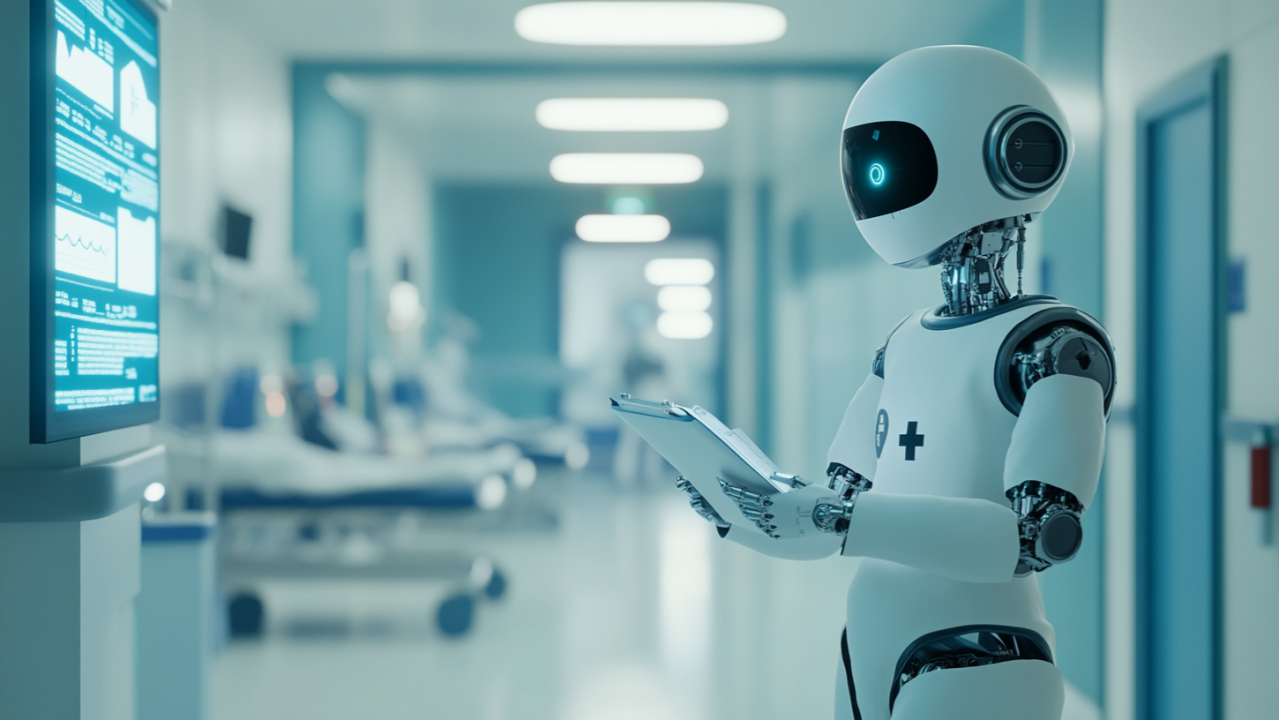5 mins read//
Artificial Intelligence (AI) is revolutionizing medical diagnostics, significantly improving the accuracy and efficiency of laboratory tests. And I am truly passionate about this topic, as AI algorithms analyze complex medical data to reduce human error and facilitate early disease detection, leading to more effective and personalized care plans.
Improved Diagnostic Accuracy
AI enhances diagnostic precision by processing and interpreting complex medical data, thereby reducing human error. This capability is particularly beneficial in identifying early signs of diseases such as cancer or heart disease, allowing for timely intervention. For instance, a study demonstrated that AI models could achieve a mean sensitivity of 96.3% and a mean specificity of 93.3% when applied to whole slide images in digital pathology, indicating high diagnostic accuracy.
Early Disease Detection
Machine learning models can detect subtle patterns in medical data, enabling the early identification of conditions like cancer or heart disease. Early detection is crucial for effective treatment and improved patient outcomes. AI-driven tools have shown promise in analyzing medical images and genomic data to identify early-stage diseases, potentially leading to better prognoses.
Personalized Medicine
AI analyzes individual patient data to tailor treatments, leading to more effective and personalized care plans. This approach ensures that patients receive the most appropriate interventions based on their unique medical profiles. By integrating data from various sources, including electronic health records and genetic information, AI can assist in developing personalized treatment strategies that optimize therapeutic outcomes. 
Enhancing Laboratory Efficiency
AI streamlines laboratory processes, reducing testing times and minimizing errors. This efficiency allows healthcare providers to deliver faster and more accurate results to patients. For example, AI-driven systems have been developed to analyze laboratory test results, potentially reducing unnecessary medical visits by 41.6% and achieving an 82.9% accuracy in identifying underlying pathologies.
AI in Radiology
AI’s integration id to significant advancements in image analysis. AI algorithms can interpret medical images such as X-rays, CT scans, and MRIs with remarkable accuracy, often matching or surpassing human radiologists. This capability enhances the detection of conditions like lung cancer, fractures, and neurological disorders, leading to quicker and more accurate diagnoses. 
AI-Powered Virtual Health Assistants
AI-powered virtual health assistants are transforming patient engagement and care delivery. These tools provide patients with personalized health information, medication reminders, and symptom assessments, improving adherence to treatment plans and enhancing overall patient satisfaction. By leveraging natural language processing and machine learning, these assistants can understand and respond to patient inquiries, offering support and guidance between medical appointments.
AI in Predictive Analytics
AI’s ability to analyze large datasets enables predictive analytics in healthcare. By examining patterns in patient data, AI can forecast disease outbreaks, predict patient deterioration, and identify individuals at high risk for certain conditions. This proactive approach allows healthcare providers to implement preventive measures and allocate resources more effectively, ultimately improving patient outcomes and reducing healthcare costs.
The integration of AI in medical diagnostics is transforming healthcare by improving accuracy, enabling early disease detection, and personalizing treatment plans. As AI technology continues to advance, its role in enhancing laboratory accuracy and patient care is expected to grow, leading to better health outcomes worldwide.











